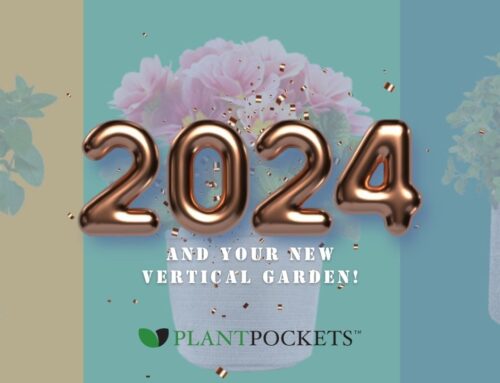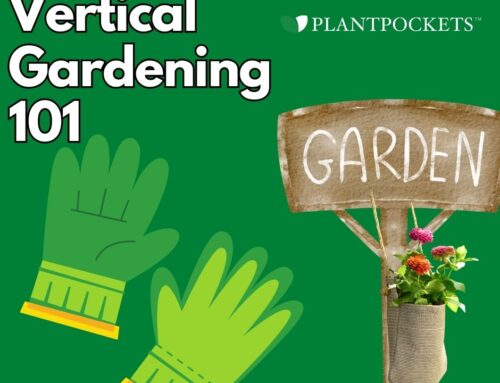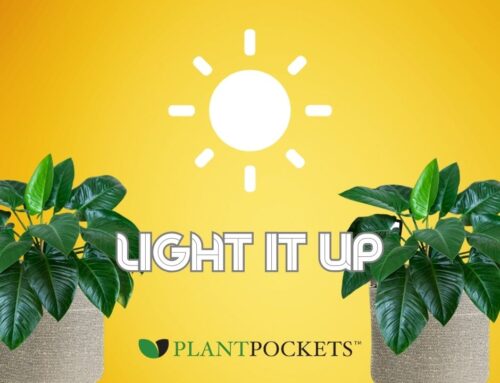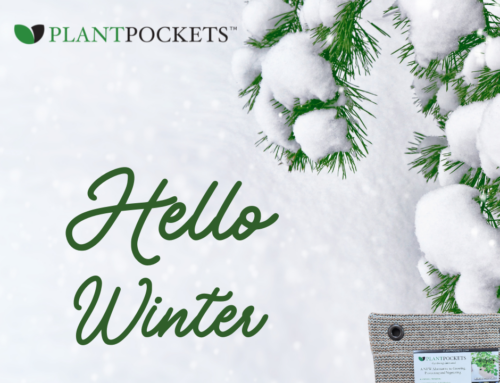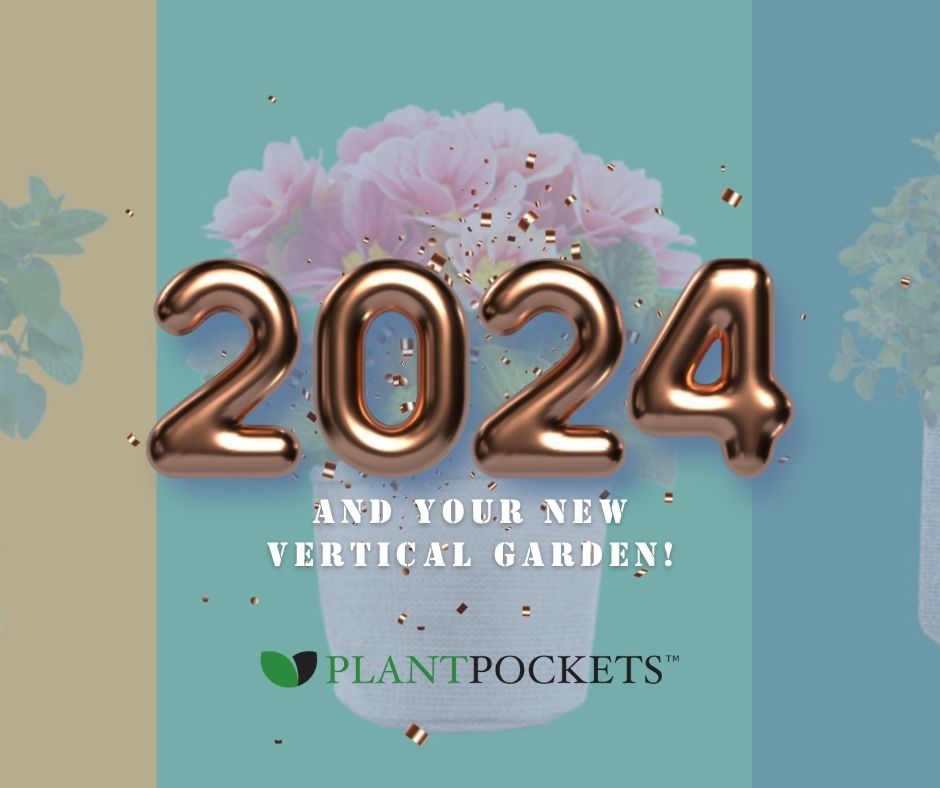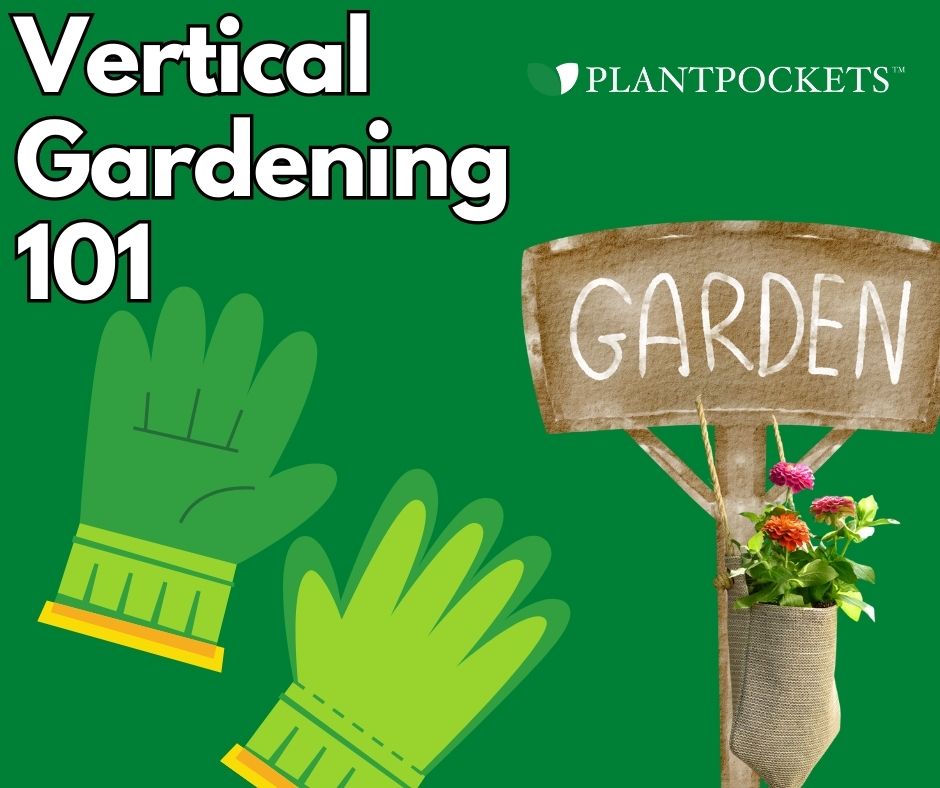Choosing The Right Soil For Your Vertical Garden
Once your beautiful PLANTPOCKETS™ vertical grow bags get delivered to your front door, it’s time to put them to work. But before you decide what you are actually going to grow in them, it’s crucial to choose the right soil as the success of the plant will be based on it.
In general, for a vertical garden to be successful, your soil should be lightweight, well-draining, and nutrient-rich. This will all help support plant growth in this type of setup.
In addition, here are a few other considerations, tips and option to take into account when it comes to soil:
Potting Mix: A high-quality potting mix is often the best choice for vertical gardens. It is specifically formulated to provide excellent drainage and aeration, which are essential for plants grown vertically. Look for a mix that contains ingredients like peat moss, vermiculite, perlite, and organic matter. These components ensure good water retention while preventing compaction.
Coco Coir: Coco coir, also known as coconut coir, is a natural fiber extracted from the husk of coconuts. It is an excellent alternative to peat moss and has good water retention properties. Coco coir is lightweight and environmentally friendly, making it a popular choice for vertical gardens.
Perlite and Vermiculite: These are lightweight, sterile substrates that improve aeration and drainage in the soil. They can be mixed with potting soil to enhance its properties, especially for plants that require well-draining soil.
Compost: Adding compost to your soil mix enriches it with nutrients and beneficial microorganisms. Homemade compost or well-decomposed organic compost from a reliable source can significantly improve the fertility of the soil.
Regardless of the soil mix you choose, it’s essential to monitor and adjust the pH level to suit the plants you intend to grow. Most plants prefer a slightly acidic to neutral pH range (around 6.0 to 7.0). You can use a pH testing kit to ensure the soil acidity is within the appropriate range.
While these are all general tips, it is important to remember that the specific type of soil you choose may depend on the plants you plan to grow, the environmental conditions of your location, and the availability of materials. It’s always essential to consider the unique needs of your plants when selecting the soil for your vertical garden.
Happy Planting!
